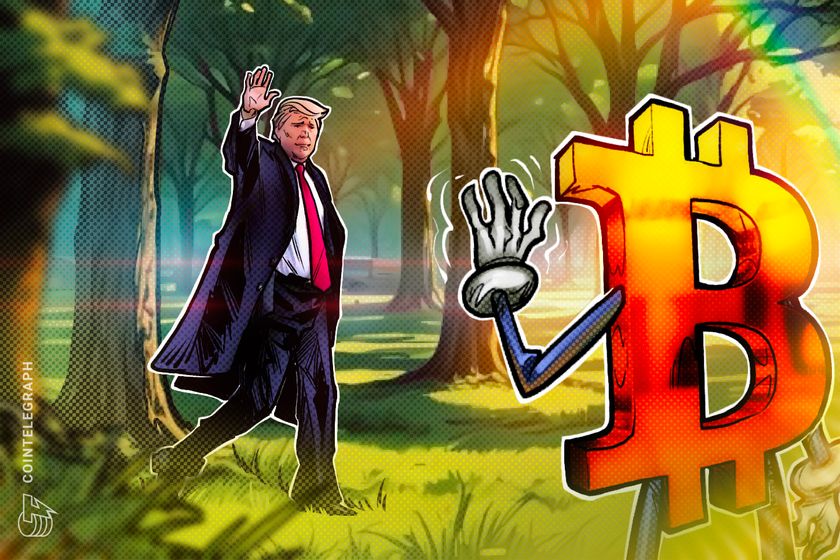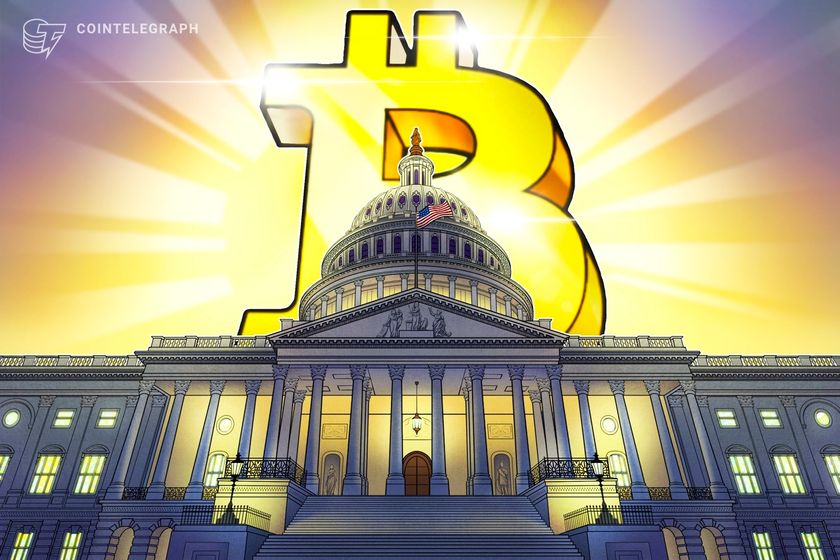Gensler argued that securities laws helped prevent stock market scams once they were passed in the 1930s and can benefit the crypto market of today.
News
In a June 8 speech at the Piper Sandler Global Exchange & Fintech Conference, United States Securities and Exchange Commission (SEC) Chair Gary Gensler compared the current crypto market to the 1920s U.S. stock market, saying that it is full of “hucksters,” “fraudsters” and “Ponzi schemes.” Just as Congress cleaned up the stock market by enacting securities laws, the current SEC can also clean up the crypto market by applying these laws, he argued.
JUST IN: SEC Chair Gary Gensler says crypto is all “hucksters, fraudsters, scam artists.” pic.twitter.com/1xRWUMzbel
In the talk, Gensler praised the Securities Act of 1933 and Securities Exchange Act of 1934, claiming that these laws allowed the U.S. securities markets to “thrive” over the next 88 years. He argued that the “crypto securities markets” of today should also benefit from these laws, as they are not “less deserving of the protections” the laws provide.
Pointing to a court ruling against Telegram Open Network, Gensler argued that crypto asset securities are not exempt from securities laws even if they have utility.
“Some promoters of crypto asset securities contend that their token has a function beyond simply being an investment vehicle,” Gensler stated. “As the courts in the Telegram case and others have said, however, some additional utility does not remove a crypto asset security from the definition of an investment contract.”
Related: SEC’s crypto actions surged 183% in 6 months after FTX collapse
This means that crypto security exchanges must comply with securities laws, including the requirement to separate “the exchange, broker-dealer and clearing functions,” Gensler stated. In his view, this separation “helps mitigate the conflicts that can arise with the commingling of such services.”
Gensler denied that this separation isn’t possible, saying that separating these three functions simply requires work.
The SEC head argued that the current crypto market is rife with scams that have arisen because of the industry’s lack of compliance with securities laws, stating:
The solution, in Gensler’s view, is to make sure that crypto securities issuers comply with the law. This is because these scams are “more likely to happen in markets whose issuers and intermediaries fail to comply with foundational laws.”
As chair of the SEC, Gensler has been heavily criticized within the crypto industry, especially since the SEC filed lawsuits against crypto exchanges Binance and Coinbase. Critics say he has an overly expansive view of the SEC’s regulatory authority and is driving innovation out of the U.S.




